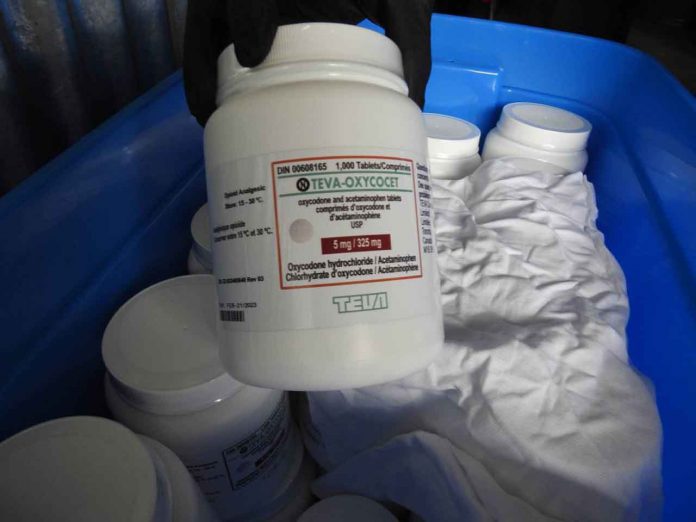VANCOUVER, BRITISH COLUMBIA – “Canada continues to grapple with the Fentanyl crisis and a poisoned drug supply that has devastated our communities and taken thousands of lives,” stated CACP President, Chief Constable Adam Palmer. “We recommend that enforcement for possession give way to an integrated health-focused approach that requires partnerships between police, healthcare, and all levels of government.”
The Canadian Association of Chiefs of Police (CACP) has announced that the association is recommending that all police agencies in Canada recognize substance abuse and addiction as a public health issue to help reduce drug overdoses and is endorsing the decriminalization of personal possession of illicit drugs.
The CACP proposes increased access to healthcare, treatment, and social services to divert people struggling with substance use or addiction away from the criminal justice system. This would apply to individuals in possession of small or predetermined amounts of illicit drugs for personal consumption.
These healthcare and social supports need to exist on a local, provincial, and national level. The CACP asserts that diversion opportunities would improve the health and safety outcomes for individuals who use drugs, while also reducing property crime and repeat offenses and the demand for drugs in communities.
Enforcement and judicial efforts must continue to be committed to combatting organized crime and disrupting the supply of harmful substances coming into our communities by targeting drug trafficking and the illegal production and importation of drugs.
“While law enforcement continues to be required to stop those putting poisoned and illegal substances on our streets, the traditional role of frontline policing has fundamentally shifted to harm reduction when interacting with people experiencing addiction or mental health issues. Frequently, our officers are the point of first contact and the ones who will assist individuals in accessing appropriate services and pathways of care,” added CACP President, Chief Constable Adam Palmer.
The CACP is calling for the creation of a national task force to research drug policy reform. Specifically, the CACP is looking for reform to section. 4(1) of the Controlled Drugs and Substances Act related to simple possession and is recommending alternatives to criminal sanctions that promote a health-based diversionary approach.
In March 2018, the CACP created a Special Purpose Committee to study the decriminalization of illicit drugs and its impact on public safety.
Today’s recommendations flow from the findings of the committee.







